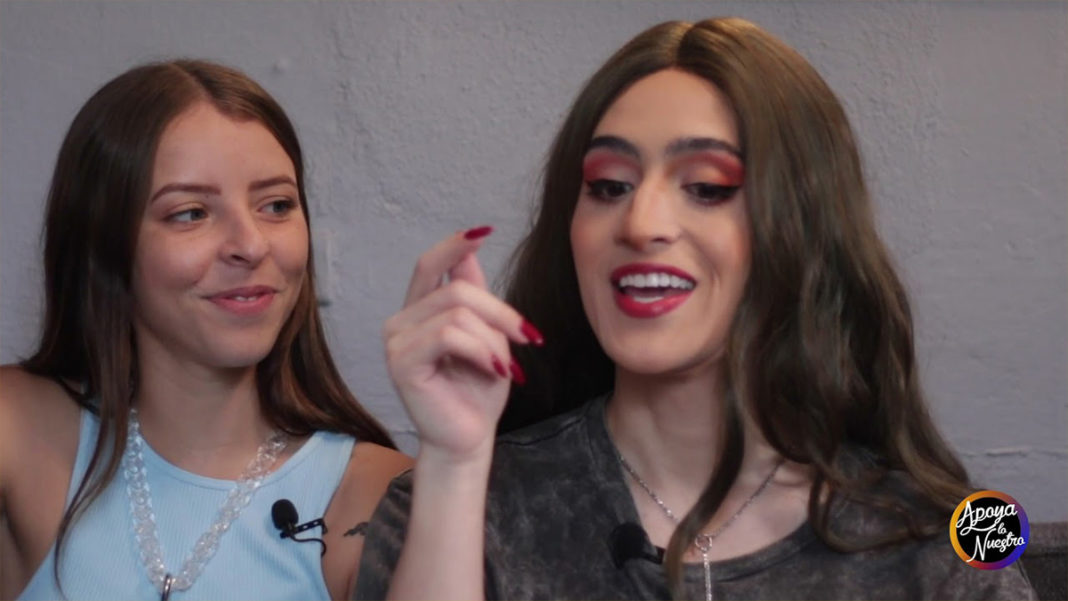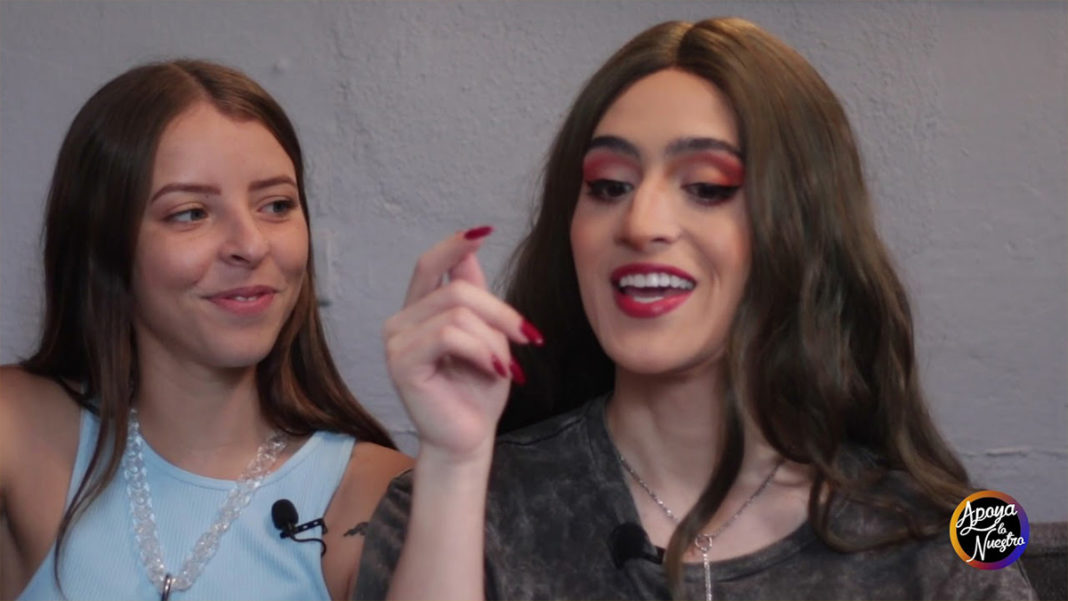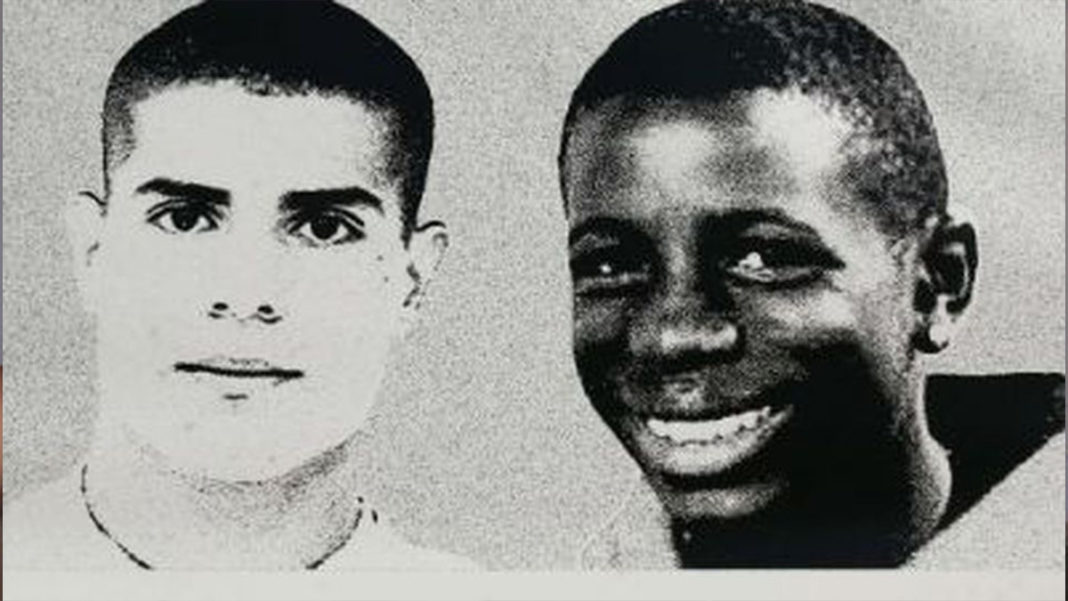Queer & Rap, Reggaeton: The Revolution of Puerto Rico! It would be detrimental to make generalizations, but the ‘Queer’ revolution never took place in French rap or rap in general, she states. In the early 2000s, in the track “On fait les choses,” an absolute classic of French rap, Rohff let out his homophobic hatred: “But I was told they were ‘f*ggots’ they were producing / So as an anti-f*g, I’m here to break your colon.” Kery James, then the leader of the group Ideal J, echoed this sentiment in his most provocative track of the 90s, “Hardcore, like two f*gs kissing in the middle of Paris.” A few years later, as he joined “the men of reason,” Kery James censored the verse when he performed the song on stage.
Queer & Rap, Reggaeton: A Missed Revolution!
But have things truly changed in 20 years? While the #MeToo revolution struggles to find its place in French rap, with a few spokespersons like Vin’s or Chila, and some rappers have been wrongly or rightly accused of domestic violence (if the killer of young Nahel enjoys the presumption of innocence, so do these rappers), what about the Queer revolution? Eddy de Pretto, who incorporates some elements of Hip Hop into his tracks, has been completely overlooked by the rap press.
However, in Puerto Rico, the “Queer” generation is definitively taking power through the voices of lesbian and trans rappers. It’s something unimaginable in a predominantly Christian country heavily influenced by US imperialism. Villano Antillano, Young Miko, and RaiNo represent this generation.
Queer & Rap, Reggaeton: The Puerto Rican Scene!
Villano Antillano is undoubtedly one of the most subversive female rappers in Puerto Rico. Recently, she recorded a collaboration with Young Miko, marking the first-ever collaboration between a trans artist and a lesbian artist. And this track, released over a year ago, has garnered nearly 9 million views. The two women were interviewed by the highly prestigious magazine Pitchfork for a dedicated feature.
At the age of 17, Villana was kicked out of her family home. It’s a common, if not inevitable, experience for many teenagers coming out. She managed to survive with three jobs, including one as a sex worker, and thanks to the solidarity of the queer community. She revealed to Pitchfork, “There is a lot of anger that engulfs you as you grow up outside the spectrum of cis heteronormativity,” she explains. “Since I was a little girl, I have always felt this resentment. As if I wondered, ‘Why doesn’t anyone love me as I am?’”
This is not new, and women like me have certainly existed since the beginning of humanity,” she says. “I am an artist within a gigantic movement.”
Her debut album, “La Sustancia X,” precisely narrates her transition. She also dedicates one of her tracks to violence against women in a country known for its machismo and misogyny.
A similar story goes for Young Miko. She had a disastrous adolescence, as she herself suggests, “They took me to church; they took me to therapists; they took me out of school.” Contrary to popular belief, this non-acceptance of homosexuality is not limited to developing countries. In the USA, Iranian-American filmmaker Desiree Akhavan shed light on “conversion camps” aimed at converting homosexuals to heterosexuality in her critically acclaimed film “Come as You Are,” which won at Sundance.
Her debut EP, “Trap Kitty,” tells the story of a stripper, one of her friends. Originality, storytelling, talent, and sheer determination have allowed her to rise out of anonymity and become a star today.
She concludes on her collaboration with her counterpart: “We live in a male-dominated world, and the urbano genre is predominantly composed of men,” she states. “But I have a group of people who support me and love me for who I am.” “Vendetta,” her song with Villano, made Miko realize the full extent of her influence; she believes it’s the first time an openly lesbian rapper and a trans woman from Puerto Rico have collaborated on a trap song. “You could walk through the streets of Puerto Rico and hear it playing in cars, in clubs. That’s when I realized we were making history.”


